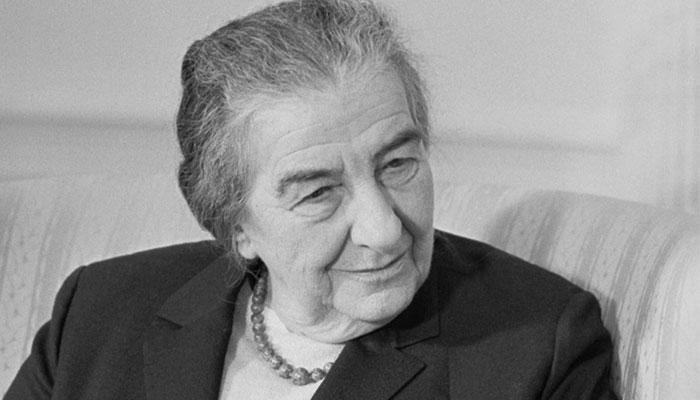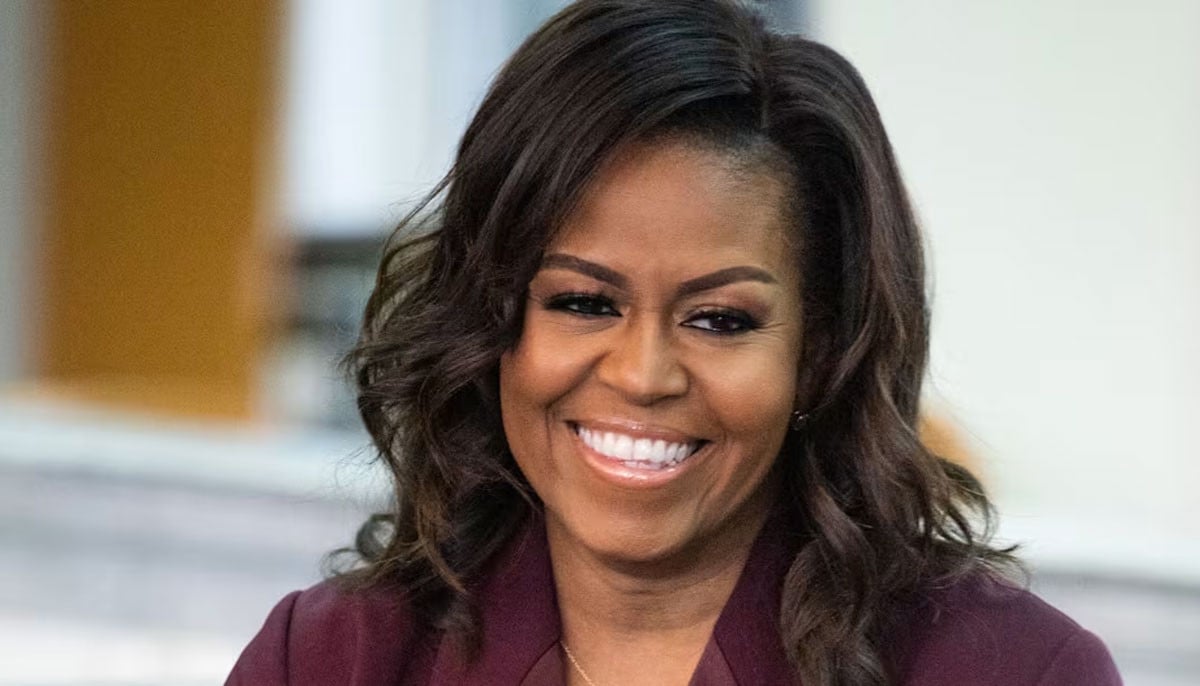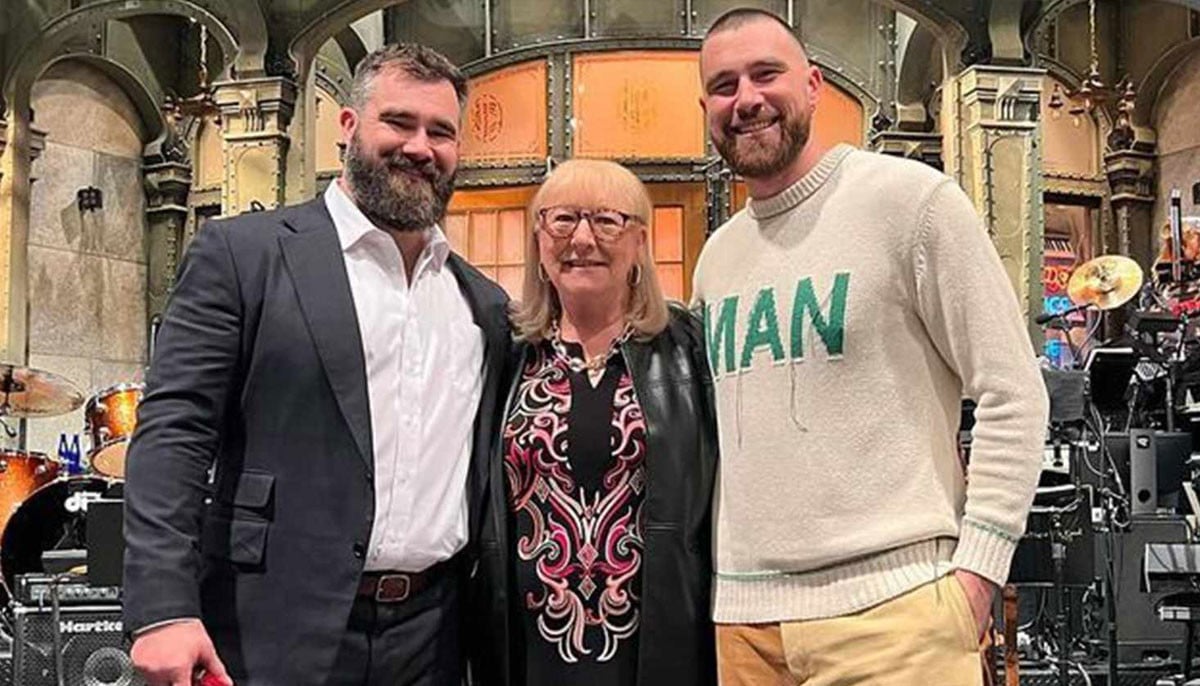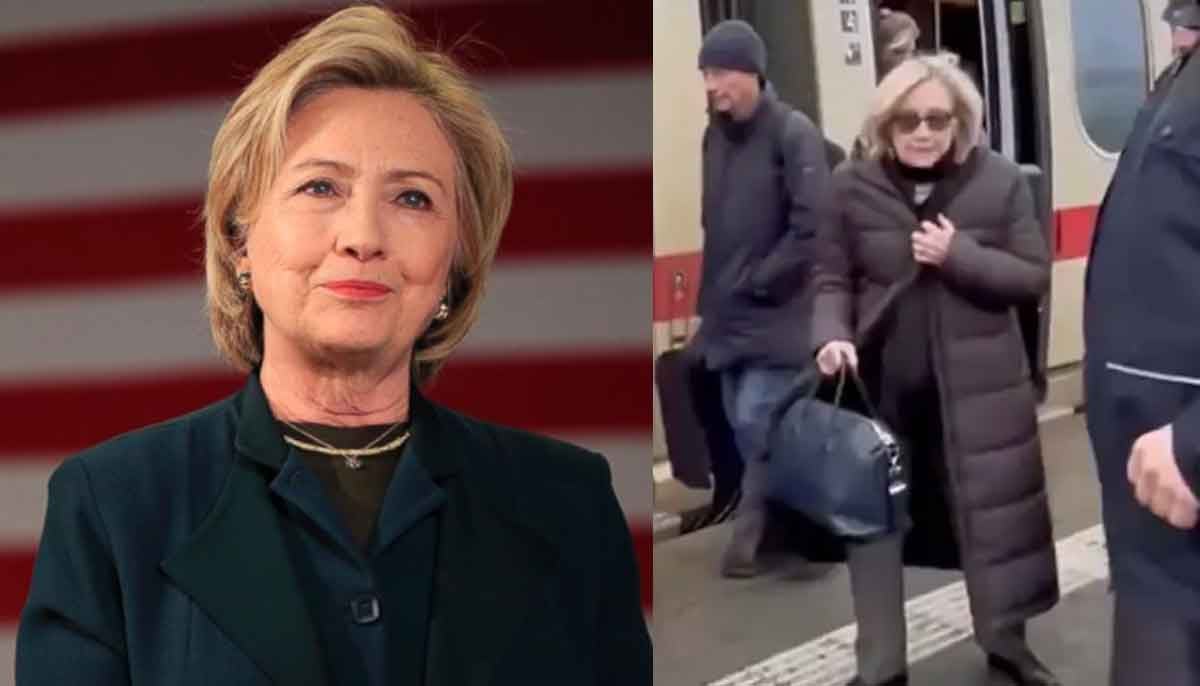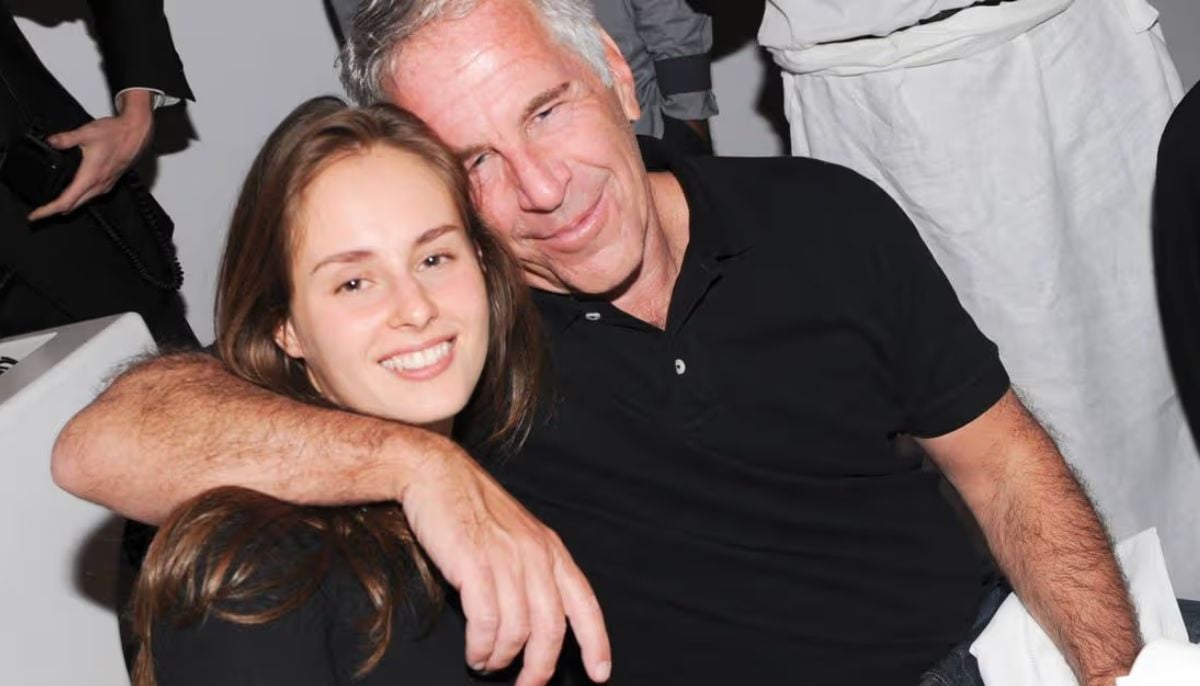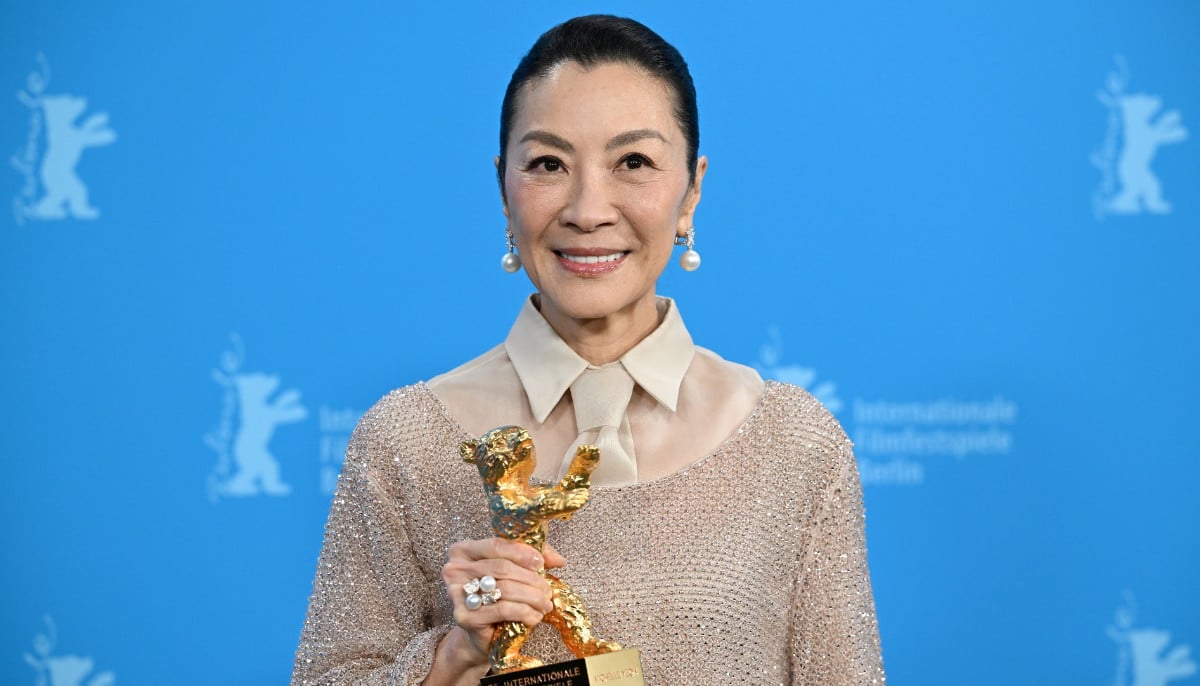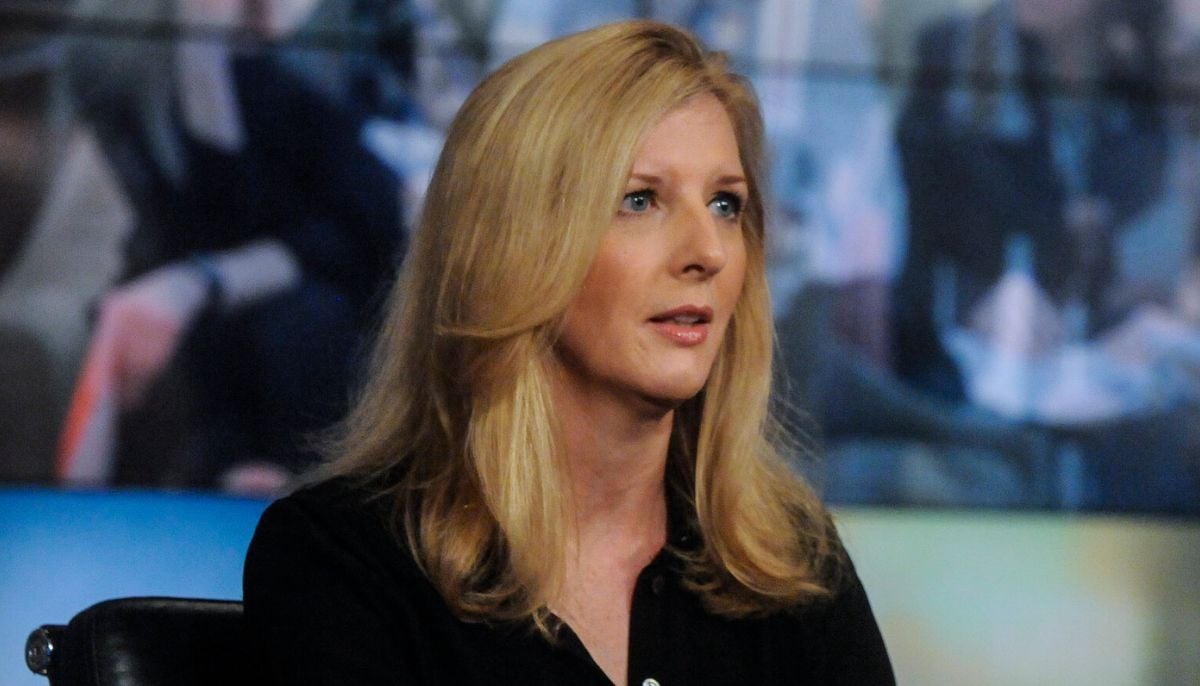Golda Meir considered Palestinian statehood in declassified documents
Golda Meir apparently also rejected the notion that Jerusalem would become the capital of a future Palestinian state
Recently declassified documents published by Haaretz Monday revealed that former Israeli prime minister Golda Meir acknowledged the prospect of a future Palestinian statehood in 1970, three years following the Six-Day War.
The possibility of a Palestinian state was previously discussed by Israel's first female prime minister in October 1970 during meetings with senior ministers, including Defence Minister Moshe Dayan and Education Minister Yigal Allon.
Meir, who is also the subject of an upcoming biopic starring Helen Mirren and scheduled for release in August, is famous for her 1969 saying: "There was no such thing as Palestinians."
Evidently, she believed that the notion of a future Palestinian state would likely come to pass.
"It will be necessary to leave the Arabs of Judea and Samaria an option to earn self-determination at a later stage, if and when it suits us," Meir said at the beginning of the meeting.
"In other words, there will be another country [next to Israel]," she declared.
According to The Jerusalem Post, Meir argued at the beginning of the discussion that Israel could only make minor concessions to the Palestinians as a result of the Israeli War of Independence and rejected the notion that Jerusalem would become the capital of a future Palestinian state.
The then-Alignment (now Labour) Minister Yisrael Galili said: "I've felt for a while, and recently with greater intensity, that what we call 'the Palestinian problem’ is starting to bother, morally and politically, the best of our people, including commanders, major generals, and all who carry the IDF on their back."
He added: "This shows that the problem isn’t something that was imported here, but rather it has an origin, it isn’t artificial."
Allon, on the contrary, went so far as to compare a potential Israeli declaration of a Palestinian right to statehood to the 1917 "Balfour Declarations," in which the British government announced support for the founding of a Jewish state in Ottoman-ruled Mandatory Palestine.
While other ministers at the talks were open to the idea of a future Palestinian state, they also believed that Israel should be extremely cautious.
Allon added that Israeli officials have no right to decide whether the Palestinian people should exist.
“If they see themselves as Palestinians, then we can say 1,000 times they’re not, but they will remain [Palestinians] regardless," he said.
Allon disagreed with Meir while being aware of the political risks involved and the facts on the ground.
“I don’t suggest encouraging a Palestinian state… Rather, in the long term, a peace contract that will keep options open," he added.
-
Hailey Bieber reveals KEY to balancing motherhood with career
-
Hillary Clinton's Munich train video sparks conspiracy theories
-
Woman jailed over false 'crime in space' claim against NASA astronaut
-
Columbia university sacks staff over Epstein partner's ‘backdoor’ admission
-
Ohio daycare worker 'stole $150k in payroll scam', nearly bankrupting nursery
-
Michelle Yeoh gets honest about 'struggle' of Asian representation in Hollywood
-
US, China held anti-narcotics, intelligence meeting: State media reports
-
Goldman Sachs’ top lawyer resigns over Epstein connections
